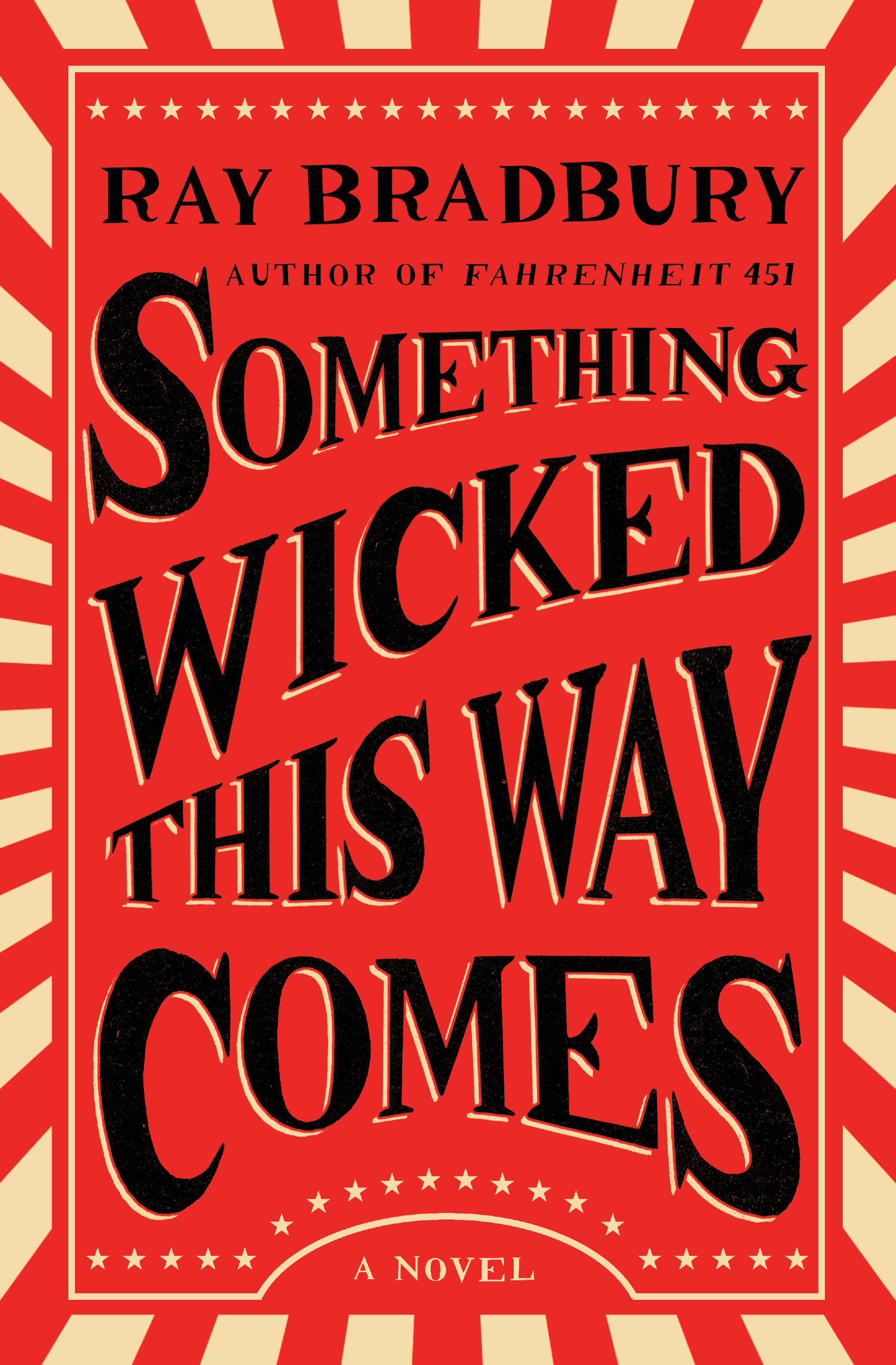Chapter 31
byChapter 31 opens with a scene that is defined by its remarkable stillness, a night devoid of any notable occurrences. The narrative purposefully focuses on this lack of action, drawing attention to the absence of significant developments. While it might appear uneventful at first glance, this quiet moment plays a crucial role in the larger context of the story. In many works of literature, pauses like these serve a specific purpose: they give the reader time to reflect, digest, and anticipate what may unfold next. Rather than being purely uneventful, these moments of stillness allow for emotional depth, creating a space where the characters and readers alike can pause before the action picks up again. In this way, the chapter contributes significantly to the story, not through events but through the emotional landscape it builds, setting the stage for what’s to come.
Despite the lack of outward action, the stillness of the night serves as an emotional canvas for the characters’ internal struggles. The lack of noise and activity outside serves as a metaphor for the characters’ own emotional states, often mirroring their feelings of stasis, confusion, or inner conflict. When external events fall away, the characters are left to wrestle with their own thoughts and feelings. The quietness of the night becomes an essential tool for drawing attention to these internal battles, allowing readers to focus on what’s happening beneath the surface. This emotional focus transforms the chapter into something far more important than just a gap in the plot. Instead of filling this moment with action, the author lets the characters process and reflect, adding layers of depth to their experiences that might otherwise be overlooked.
The lack of significant events in this chapter also provides an essential contrast to the other more tumultuous or event-driven moments in the story. The stillness amplifies the emotional tension, making the next action or development seem all the more crucial. When nothing seems to be happening, the mind naturally begins to focus on what might be just around the corner, building suspense for whatever is to come next. This technique of using calm to heighten tension is a powerful storytelling tool. By allowing the reader to sit in the quiet, the author forces them to engage more deeply with the narrative, contemplating what might happen after this lull. It’s a subtle but effective way to draw the reader’s attention to the underlying emotional currents of the story, which may not be immediately visible but are just as critical to the overall narrative. This moment of stillness makes the eventual surge of action or change feel more significant, as it contrasts with the calm and makes every development seem to carry greater weight.
Furthermore, the stillness of this chapter highlights the themes of anticipation and uncertainty, which are often central to larger stories. In many narratives, moments like this one serve to highlight what’s to come, allowing readers to build their own expectations. The sense of waiting—of something imminent—is heightened when there’s no immediate action to distract from the growing tension. As the reader is given time to pause and reflect, the atmosphere around the characters becomes more charged, and the anticipation grows. This creates a sense of heightened emotional investment in the narrative, as the reader begins to wonder what will disrupt the calm and what challenges the characters will face next. The lack of action doesn’t signify a loss of importance; instead, it amplifies the emotional stakes and prepares the stage for whatever is to come. The chapter becomes a crucial piece of the puzzle, offering time to consider what has happened and what may soon transpire.

